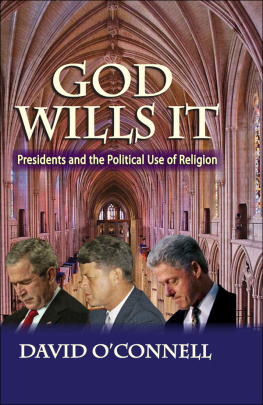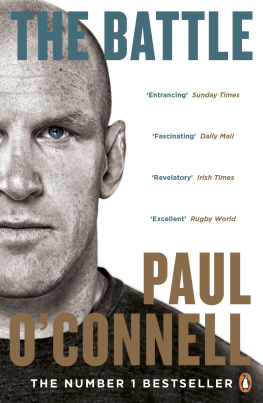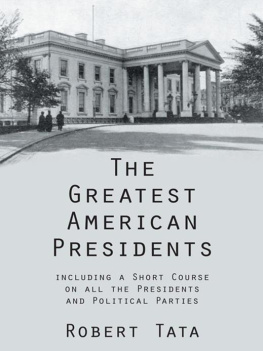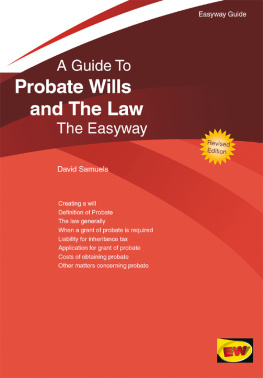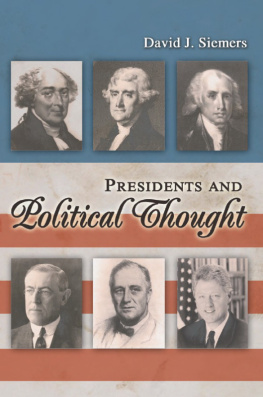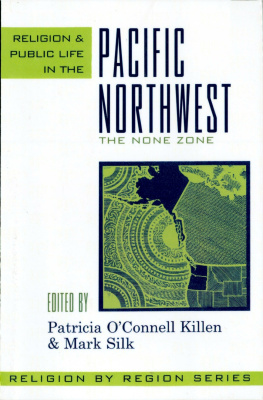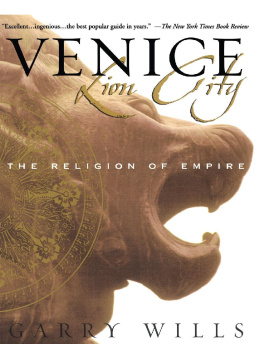How have American presidents used religious rhetoric? Has it helped them achieve their goals? Why or why not? These are the main questions this book tries to answer.
I argue that there are two basic types of presidential religious rhetoric, each of which represents a fundamental property of religion itself. Communitarian religious rhetoric draws on religions integrative function. By making use of broad, nondescript spiritual language, a president can help bring the American people closer together.
Coalitional religious rhetoric speaks instead to religions power to divide. It is often sectarian, and is always tied to a strategic goal. When a president embraces coalitional religious rhetoric, he is hoping to persuade just enough people with his words in order to achieve his political objective.
I focus my study on the latter type. I propose a strict set of rules to identify when coalitional religious rhetoric has appeared and to gauge its possible impact. I find that presidents limit their use of such language to those areas where it seems naturalforeign policy, environmental policy, civil rights, and scandals. The case study chapters explore the religious rhetoric presidents have used in each of these areas.
The limited number of cases yields an interesting finding: presidents do not often make religious arguments for their goals. Two presidents, Truman and Nixon, never used a religious rhetorical strategy. It appears that whether due to personal taste or political complications, absent a crisis, almost all presidents are uncomfortable using religious rhetoric.
The main finding of this book is that religious rhetoric is not helpful to a goal-oriented president. Consistently, public opinion does not respond to the presidents religious pleas, the media reacts critically to his ideas and his language, and the reception of his proposals in Congress disappoints.
An experimental chapter explores the causal dynamics behind this finding. Treatments were designed to mimic how religious rhetoric has historically been used. The results of the experiment call into question the persuasiveness of religious rhetoric. Exposure to a religious argument has no effect on an individuals opinion.
The religious dimensions of presidential leadership have been a constant throughout history. This book furthers our understanding of an important subject. It displaces the results of an earlier study of presidential religious rhetoric that claimed such language had a powerful strategic force to it. It also builds upon a growing body of research that questions the impact of any type of presidential speech. It is valuable for anyone interested in either the challenges of presidential power or the role that religion plays in contemporary American politics.
I owe debts of gratitude to many individuals who played important roles in the development of this book. I greatly appreciate having had the opportunity to work with Transaction Publishers. Tom Langston was an enthusiastic early supporter. He understood what I was trying to accomplish, and his feedback was immensely helpful as I began to restructure the manuscript. The comments of the anonymous reviewer were most appreciated as well. He or she thankfully pushed me to improve the quality of my writing, in addition to forcing me to take more seriously the theoretical underpinnings of the study.
This project began with my graduate work at Columbia University. As such, special thanks is due to Ira Katznelson. Ira has been a fantastic mentor. I have never once disagreed with any criticism he has made of my work. Not a single one. It is humbling to know that, fifty years from now, I still wont be half the scholar that Ira is. But I do know that I am certainly a better researcher than I ever could have been without his guidance.
A series of other individuals at Columbia deserve to be mentioned. Fred Harriss understanding of religion helped develop my own. Shigeo Hirano first encouraged me to explore the subject of presidential religious rhetoric, and our conversations helped to crystallize the ultimate methods I chose to use in doing so. Bob Shapiro was kind enough to provide some feedback on the questionnaire design, in addition to some broader reactions he had, which, I believe, substantially improved the case studies. Alissa Stollwerk and Stephen Thompson provided much needed assistance with the statistical work found in the experimental chapter.
Four Columbia studentsRobyn Silverman, Yael Munishor, Shane Strumwasser, and Jon Weibelhelped by pretesting the questionnaires. Finally, Justin Phillips, Bernard Tamas, and Dorian Warren graciously gave up class time to allow me to administer the experiment. I owe an even further debt of gratitude to Justin for his professional guidance as I began the publication process.
Jamie Druckman was also an important part of the project. Jamie took time out of his many responsibilities to offer detailed and sincere advice to a stranger working halfway across the country. The final design of the experiment is greatly informed by Jamies input. Jamie represents the ideal of what we mean when we talk about a community of scholars.
On a personal note, Id like to offer a special word of thanks to my best friend, Charles Wolf. Ive talked more with Charles about this project than I have with anyone else. I trust Charless opinionon pretty much everythingmore than the opinion of anyone else in the world. I couldnt have written this book without his friendship.
My biggest thanks goes to my parents, Dan and Kathy. My parents have taken a sincere interest in the course of my research. They have encouraged me at every step of the way. They understood when I needed to write over vacations and over holidays. The easiest decision Ive made about this project was to dedicate it to them.
And, finally, I thank John Miller, who asked why I wanted to go to law school in the first place.


